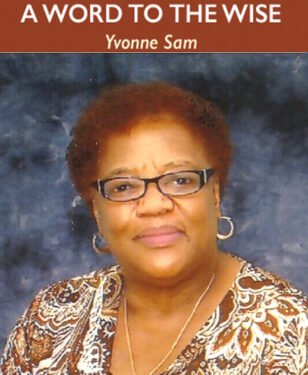 Act III, Scene 2 of Julius Caesar begins with one of the most famous speeches in all of William Shakespeare’s dramatic works. Mark Antony starts his eulogy for Julius Caesar using the three-word opener, calling on “friends, Romans, countrymen” to lend him their ears. I am earnestly calling on the Anglophone/Allophone community to show they care, open their ears and be actively in the mix to fix Bill 96.
Act III, Scene 2 of Julius Caesar begins with one of the most famous speeches in all of William Shakespeare’s dramatic works. Mark Antony starts his eulogy for Julius Caesar using the three-word opener, calling on “friends, Romans, countrymen” to lend him their ears. I am earnestly calling on the Anglophone/Allophone community to show they care, open their ears and be actively in the mix to fix Bill 96.
Unless you have been dwelling under a yet-to-be-identified and classified rock in an obscure part of the province, you should be aware that English health care is under threat in “La Belle Province.” Bill 96, which updates the French-language charter (best known as Bill 101) was passed in 2022. Premier François Legault vowed there would be “no change at all” to health services for Anglophones and immigrants as a result of the new law. French Language Minister Jean-François Roberge asserted in 2023 that “a statement made in good faith” would be sufficient to receive care in English. But the new guidelines stipulate a long list of ifs, ands or buts, including the repeated mention of Anglophones needing to show their certificate of eligibility for education in English in order to receive health services in English.
The Quebec government has described the law as a moderate response to what they claim is the declining use of French in the province, particularly in Montreal. The premier has repeatedly said that French will always be under threat in North America, and he wants to avoid Quebec becoming like Louisiana, where few people speak French despite the state’s historical ties to France. It is obvious even to the mildly moronic that Bill 96, in its guise of trying to protect a language that is clearly not threatened, will put the health and well-being of Anglophone and Allophone Quebecers at risk.
By definition, systemic discrimination is when policies and practices disadvantage a specific group. And while all Quebecers pay equally into the Quebec Health and Social Services, only Anglophone and Allophone patients will be subjected to inequitable care and treatment if this language policy denies them access to health services in English — especially at a time when they are sick or injured. Any policy that disenfranchises a member of their society is considered discriminatory. Even a report by the Institut national de santé publique du Québec (INSPQ), Quebec’s public health institute, cites language as this province’s biggest barrier to care. It is outrageous that we have to jump through additional layers of bureaucracy to get access to a health-care system that we paid into. This notion of a certificate is a burden to Anglo and Allophone Quebecers.
Anglophones and Allophones can no longer wait to smell the coffee, as the coffee has dried out and only the smell of the fire will be available for savouring. Take it or leave it, believe or be deceived, but the bill creates an identifiable community of second-class citizens within Quebec whose rights will be limited.
The Anglophone community can no longer sit back and wait, for doing so will sadly lead to a disastrous fate. We need to get off our rears and join in the warfare, as Bill 96 is not only about language but also human rights.
















